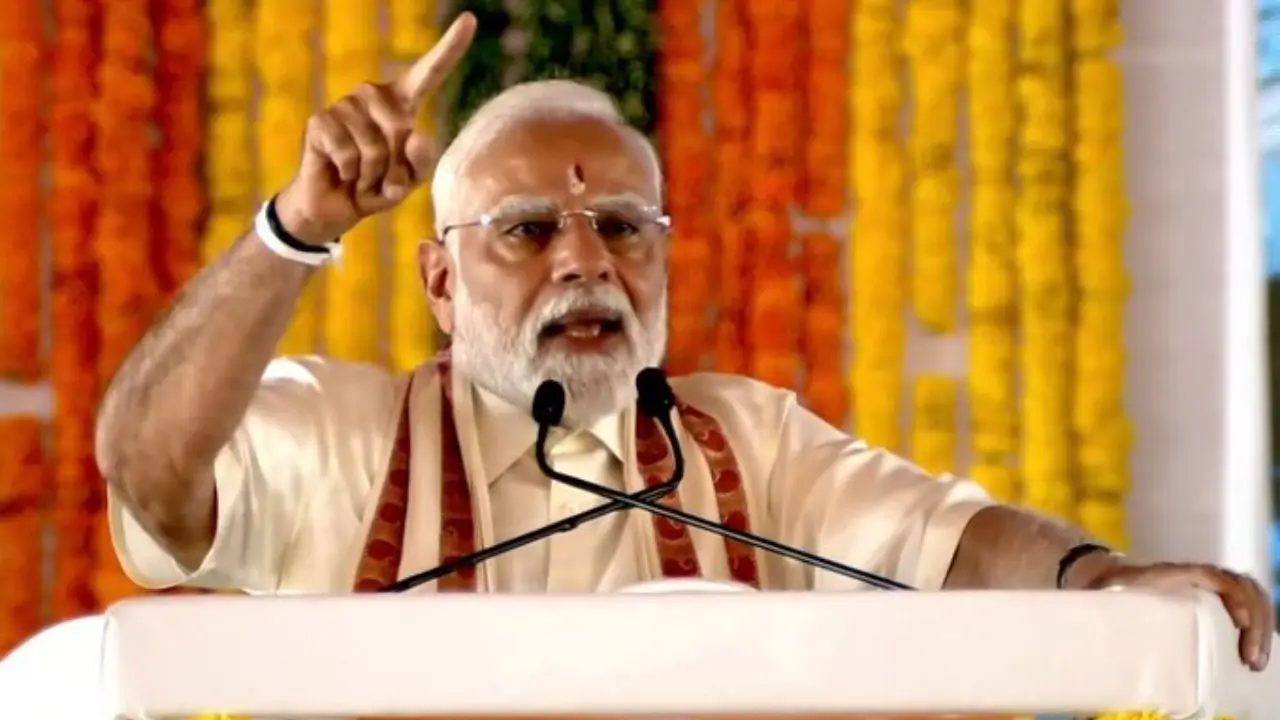
PM Modis veiled attack on MK Stalinz (File )
The demand for a caste-based census in India has reignited intense debates across political and social spheres. While advocates see it as a vital tool for ensuring equity and fair representation, critics warn of potential social fragmentation and political misuse. Understanding the implications of a caste census requires a closer look at its potential benefits, challenges, and the divide it has created.
Why a Caste Census is Needed?
Supporters argue that a caste census would provide accurate and updated data on the socio-economic status of various castes, especially Other Backward Classes (OBCs). The last such data was collected in 1931, and policies today are still based on outdated estimates. With concrete data, welfare schemes could be better targeted, and resource distribution could become more equitable. Many believe it would also help ensure proportional political representation and social justice.
Challenges and Concerns
On the other hand, opponents point to significant challenges. Conducting a nationwide caste census is administratively complex, given the vast number of sub-castes and regional variations. There's also a concern that caste identities may be further entrenched, leading to deeper divisions in society. Critics fear it could lead to a rise in vote-bank politics, where caste becomes the primary basis for electoral appeals rather than development or governance.
Political Fault Lines
The caste census debate has created a clear political divide. Regional parties, especially in states like Bihar and Tamil Nadu, support it, arguing it will empower backward communities. In contrast, some national parties remain cautious, concerned about social unrest and the political fallout of revealing real caste numbers.
The caste census is not merely a statistical exercise—it is deeply tied to questions of identity, power, and justice. While it promises greater equity, it also risks reinforcing divisions if not handled carefully. As India continues to evolve socially and politically, the decision to conduct a caste census will remain a defining moment in shaping inclusive governance.





Copyright © 2026 Top Indian News
